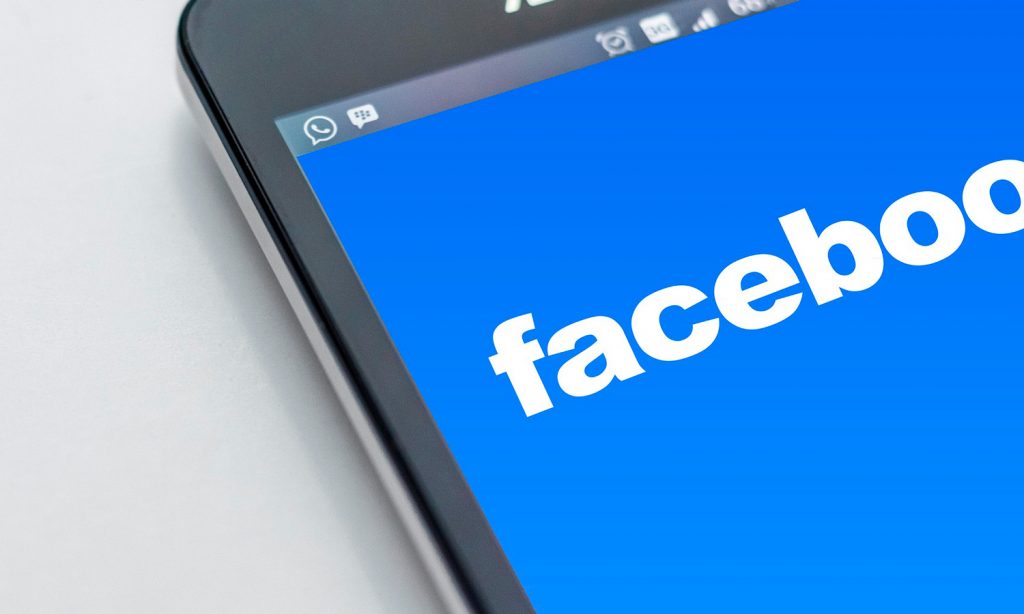Moments of crisis and panic are perfect for scammers. Here’s how you can avoid them and protect yourself.
The coronavirus has had a profound impact on all businesses and employees. It has also caused an unexpected rise in creative scams, which take advantage of the collective panic that surrounds us.
Hackers, scammers and all sorts of people trying to make a profit off of the situation have devised different ways of robbing people’s money and online data while also distributing misinformation. These scams range from the spread of fake news and home remedies to more serious cases, such as selling fake vaccines.
The FTC warns that hacks of this kind are common in moments of crisis, like with the Swine Flu and Zika virus. Here are 5 of the most common coronavirus scams and how you can avoid them:
Scams that target your contacts

RELATED: Medical Marijuana Considered ‘Essential’ Good During Quarantines
There have been cases of robocalls and bots hacking into Facebook accounts, contacting friends and family and asking them for personal information, gift cards or transfers of money. To prevent these occurrences keep an eye on your emails and social media. If someone manages to break into your account, you’ll likely get strange emails and online activity you don’t recognize. It’s also important to inform the elderly about suspicious operator phone calls that ask for personal data.
Fake information
Now that most of us get our information through online sources, it’s extremely important fact check and verify sources. Before you retweet or repost information, it’s important to look for the source and to verify that whatever is being stated is true. It’s also important to avoid clicking on suspicious links, since these could download viruses onto your device.
CBD & marijuana as cures for the virus
Solution to a lot of world’s problems lie in India. But you can’t find them as long as you ridicule our ancient wisdom.
Cannabis is a magic plant. Till 1980 it was sold by Govt. Becoz of Rajiv Gandhi & West Pharma Companies it got bad name.
Make #Cannabis legal !!#CoronaVirus pic.twitter.com/ciDsFIwM9x
— #NATIONALISM (@BeingNationali1) February 8, 2020
RELATED: Ask Our Experts: Cannabis Vs. Coronavirus
Reuters reports that there have been cases of people tampering with images and making claims stating that CBD and marijuana can cure COVID-19. While these kinds of tweets are clearly fake, a lot of social media users don’t know the difference, so it’s important to keep your friends and family members informed and to stop them whenever they try to spread this kind of information.
Fake CDC & WHO emails
Keep an eye out for legitimate looking emails appearing to be from the Centers for Disease Control and World Health Organization, sending you updates on the developments of the coronavirus. This usually isn’t the way this kind of information is disseminated. In order to stay updated, check official websites and subscribe to official government text chains. Remember that if a legitimate vaccine or cure is found, these websites will be the first to tell you.


